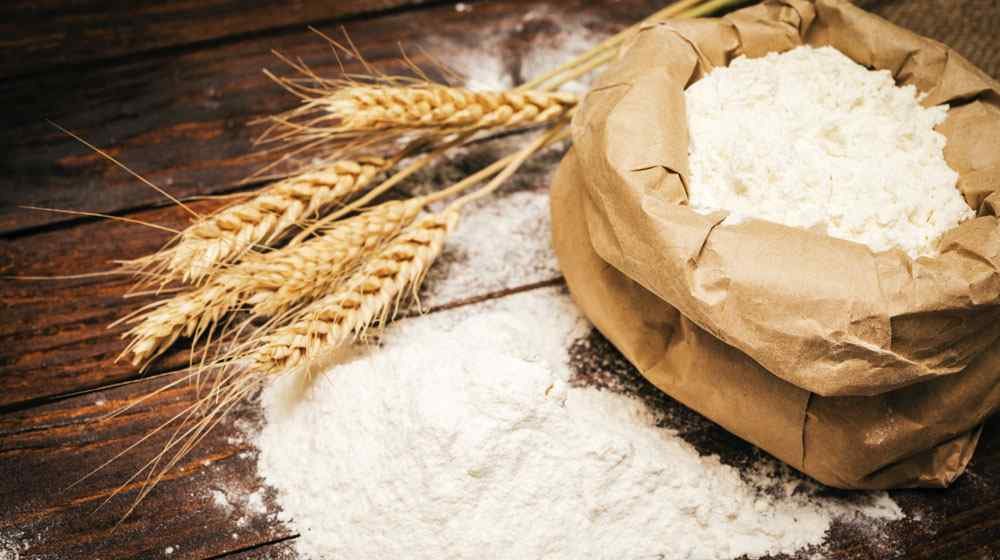Pakistan’s flour millers are warning of an impending flour shortage and price surge, blaming Punjab’s recent crackdown on wheat movement across provincial borders for triggering a supply crisis.
The Punjab government has invoked Section 144 to restrict the inter-provincial transportation of wheat and flour, a move industry leaders say contradicts national trade policies and threatens food security.
Millers Call Ban a Threat to National Unity
The Pakistan Flour Mills Association (PFMA) South Zone argues that Punjab’s restrictions undermine Article 151 of the Constitution, which guarantees the free movement of goods between provinces.
“Punjab produces 70% of Pakistan’s wheat. Blocking supplies from this province disrupts the entire country’s food chain,” PFMA South Chairman Abdul Junaid Aziz said in a letter to Federal Food Security Minister Rana Tanveer Hussain.
Aziz warned that billions of rupees worth of wheat stocks—especially in flood-hit parts of Punjab—are now at risk of spoilage because they cannot be moved to safer storage facilities in other provinces. He urged federal authorities to intervene immediately, calling the ban “a blow to national solidarity.”
Risk of Soaring Prices and Worsening Shortages
Flour millers say Punjab’s action is already driving prices up, and checkpoints at exit routes and motorway interchanges are slowing the movement of supplies further.
“There is no shortage in Punjab. The province has ample surplus stocks,” Aziz said, adding that the restriction appears unnecessary.
PFMA officials proposed two solutions: lifting the transport ban or allowing the private sector to import one million tonnes of wheat to fill the gap.
Without swift action, they warn, Pakistan could face flour shortages and steep price hikes in the coming months.

